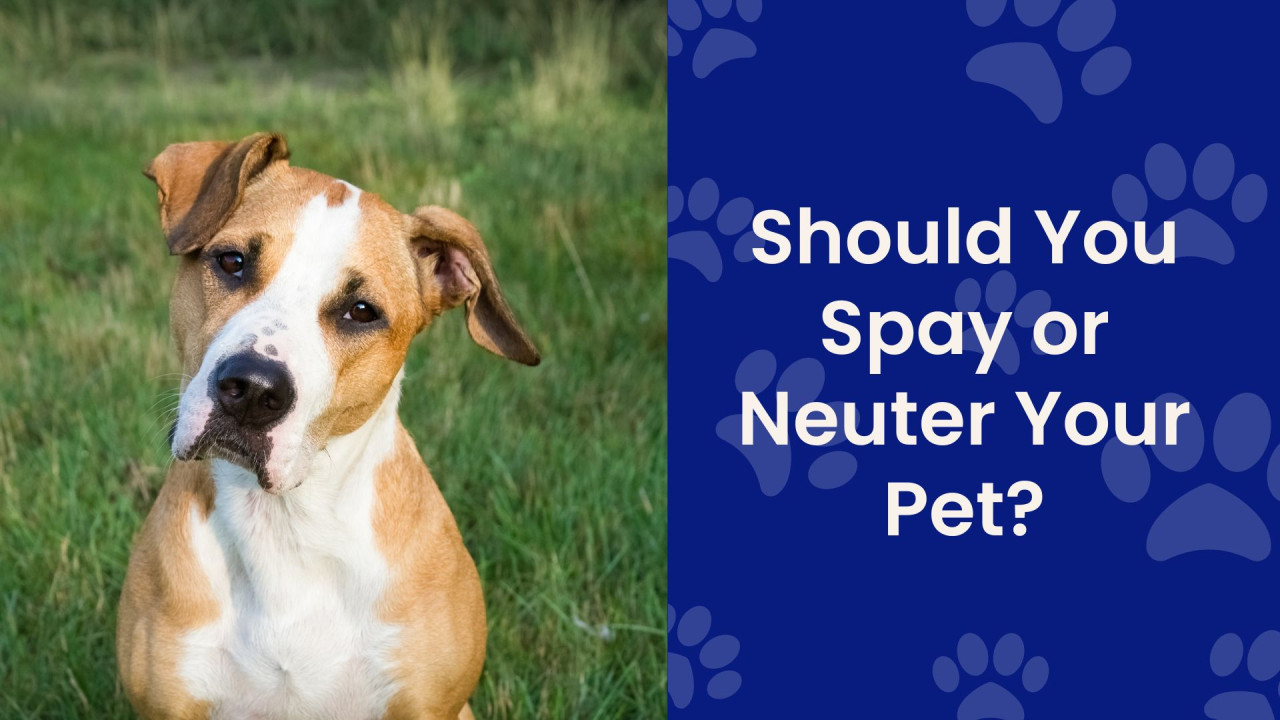Winter weather can be harsh on pets, and as temperatures drop, it’s important to take extra precautions to keep them safe and comfortable. Cold, ice, and winter chemicals can all pose risks, but with the right care, you can help your pet stay healthy all season long. At Norton Animal Health Center, we want to share some essential cold weather safety tips to ensure your pet stays warm and protected.
1. Limit Outdoor Time
Even if your pet loves the cold, prolonged exposure can lead to hypothermia and frostbite. Short-haired, senior, and small pets are especially vulnerable. Limit their outdoor time during extreme cold, and always monitor them for signs of discomfort like shivering, whining, or lifting their paws off the ground.
2. Provide a Warm and Safe Shelter
If your pet spends time outdoors, make sure they have access to a warm, insulated, and dry shelter that protects them from wind and snow. Their shelter should be elevated off the ground and lined with blankets or straw for warmth. However, the safest place for pets in extreme cold is indoors.
3. Protect Their Paws
Ice, snow, and road salt can be tough on your pet’s paws, causing irritation and cracking. Wipe their paws after walks to remove any salt or de-icing chemicals, and consider using pet-safe booties or applying paw balm for extra protection.
4. Be Cautious with Antifreeze
Antifreeze is highly toxic to pets, but its sweet taste can attract them. Always store antifreeze securely and clean up any spills immediately. If you suspect your pet has ingested antifreeze, seek emergency veterinary care right away.
5. Dress Your Pet for the Cold
Some pets, especially short-haired breeds and seniors, benefit from wearing a coat or sweater in chilly weather. Make sure their winter gear fits well and does not restrict movement or bathroom breaks.
6. Keep Them Hydrated and Well-Fed
Pets burn extra energy staying warm in the winter, so they may need slightly more food to maintain their body temperature. Always ensure they have fresh, unfrozen water available, as dehydration can still be a concern in cold weather.
7. Don’t Leave Pets in Cold Cars
A cold car can be just as dangerous as a hot one. Temperatures inside a parked car drop quickly in winter, putting your pet at risk of hypothermia. Always take your pet with you or leave them safely at home.
8. Watch for Signs of Hypothermia
Symptoms of hypothermia include shivering, weakness, slow breathing, and lethargy. If your pet shows any of these signs, bring them inside immediately, wrap them in warm blankets, and contact your veterinarian if symptoms persist.
Schedule a Winter Checkup
Winter can be tough on pets, but with a few precautions, you can keep them safe and comfortable. If you have concerns about your pet’s winter health or need advice on seasonal care, Norton Animal Health Center is here to help. Contact us today to schedule a winter wellness check and keep your furry friend safe all season long.







